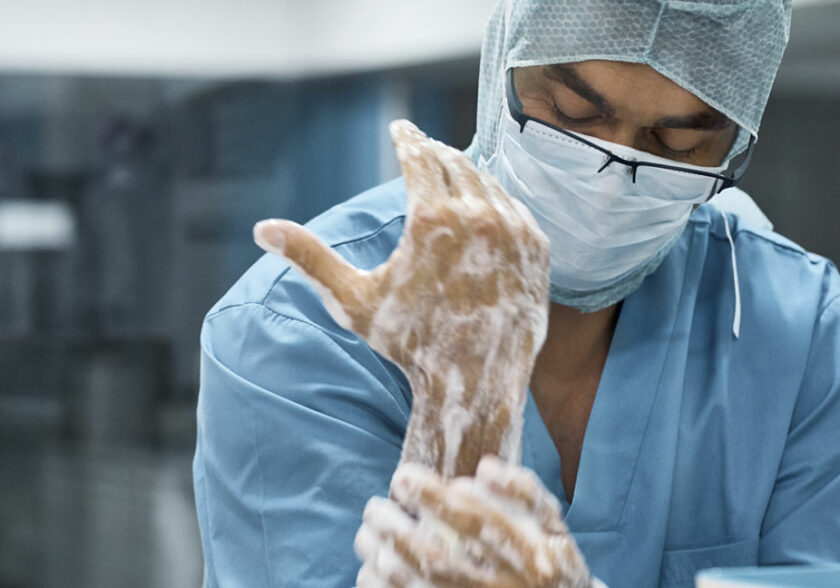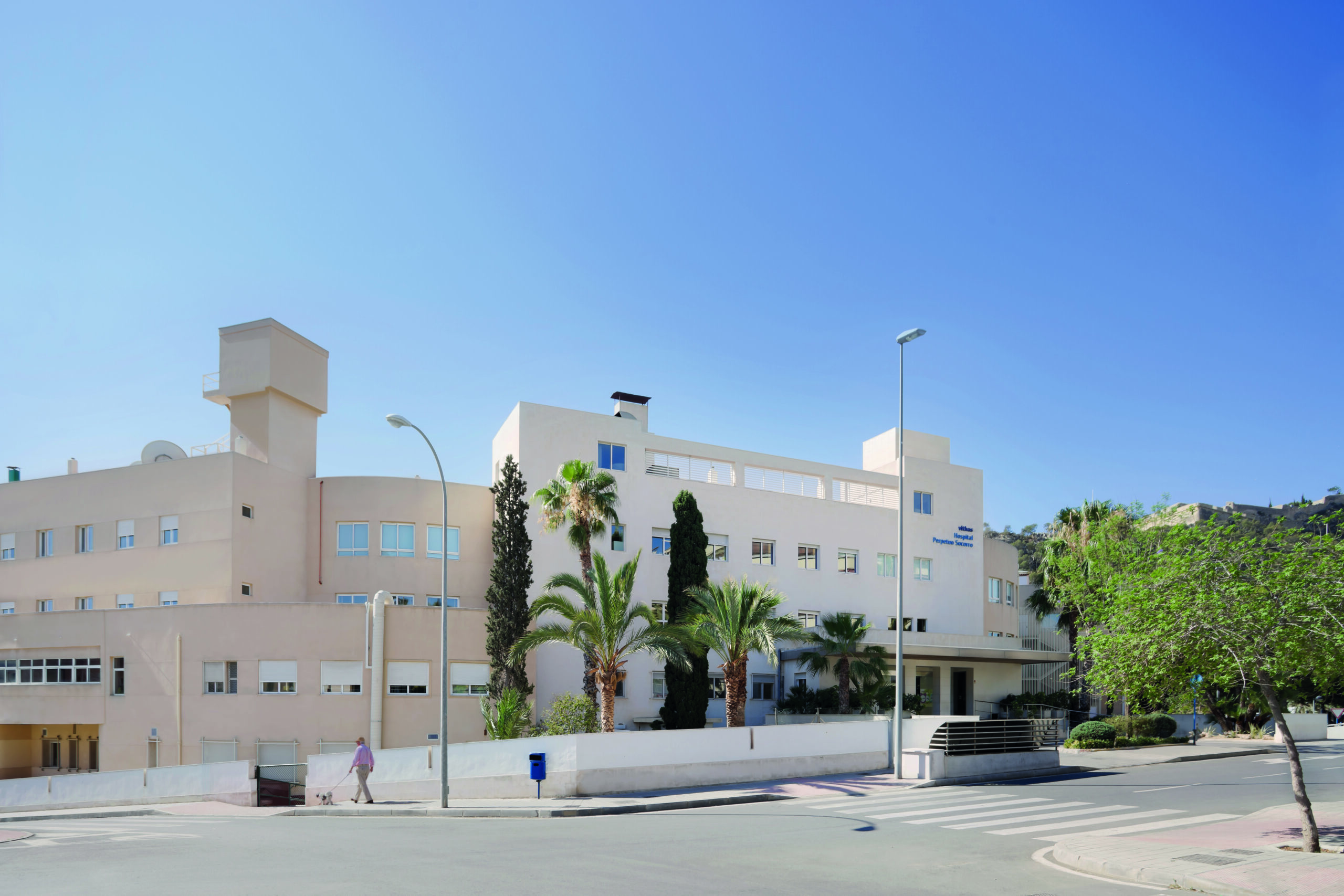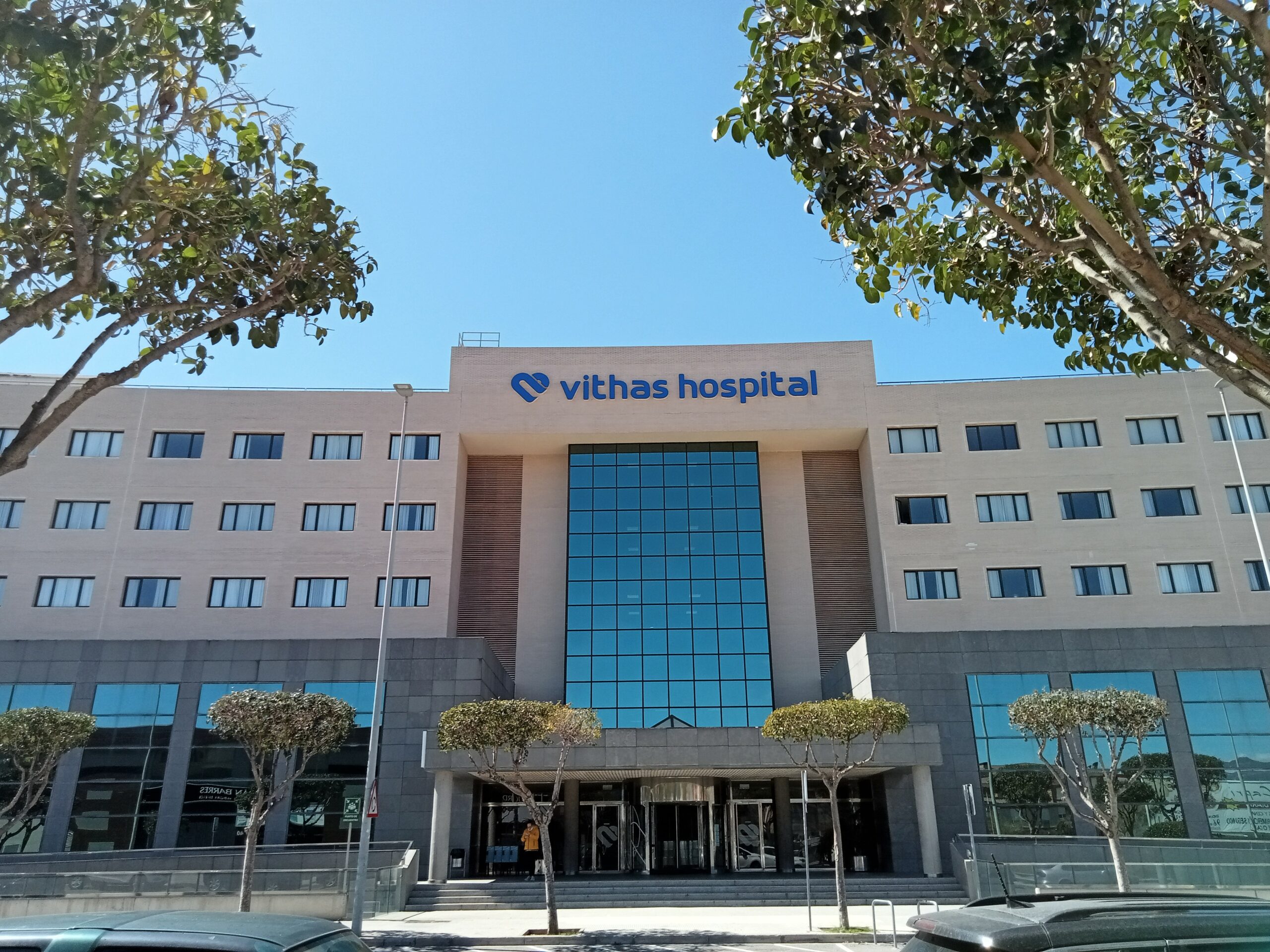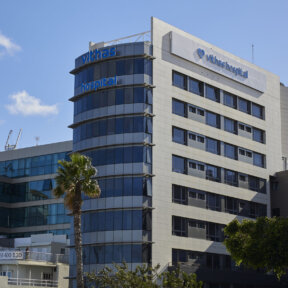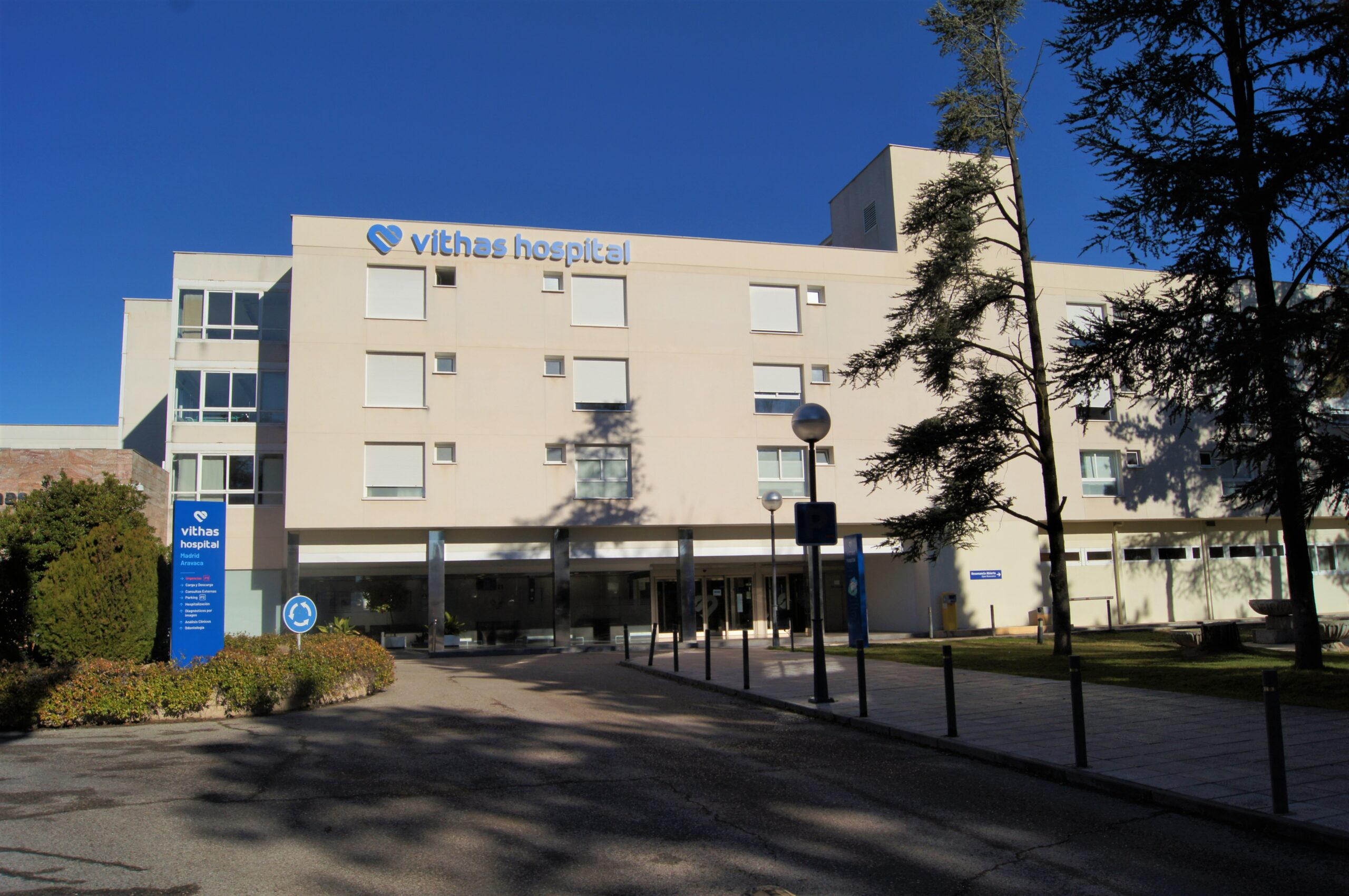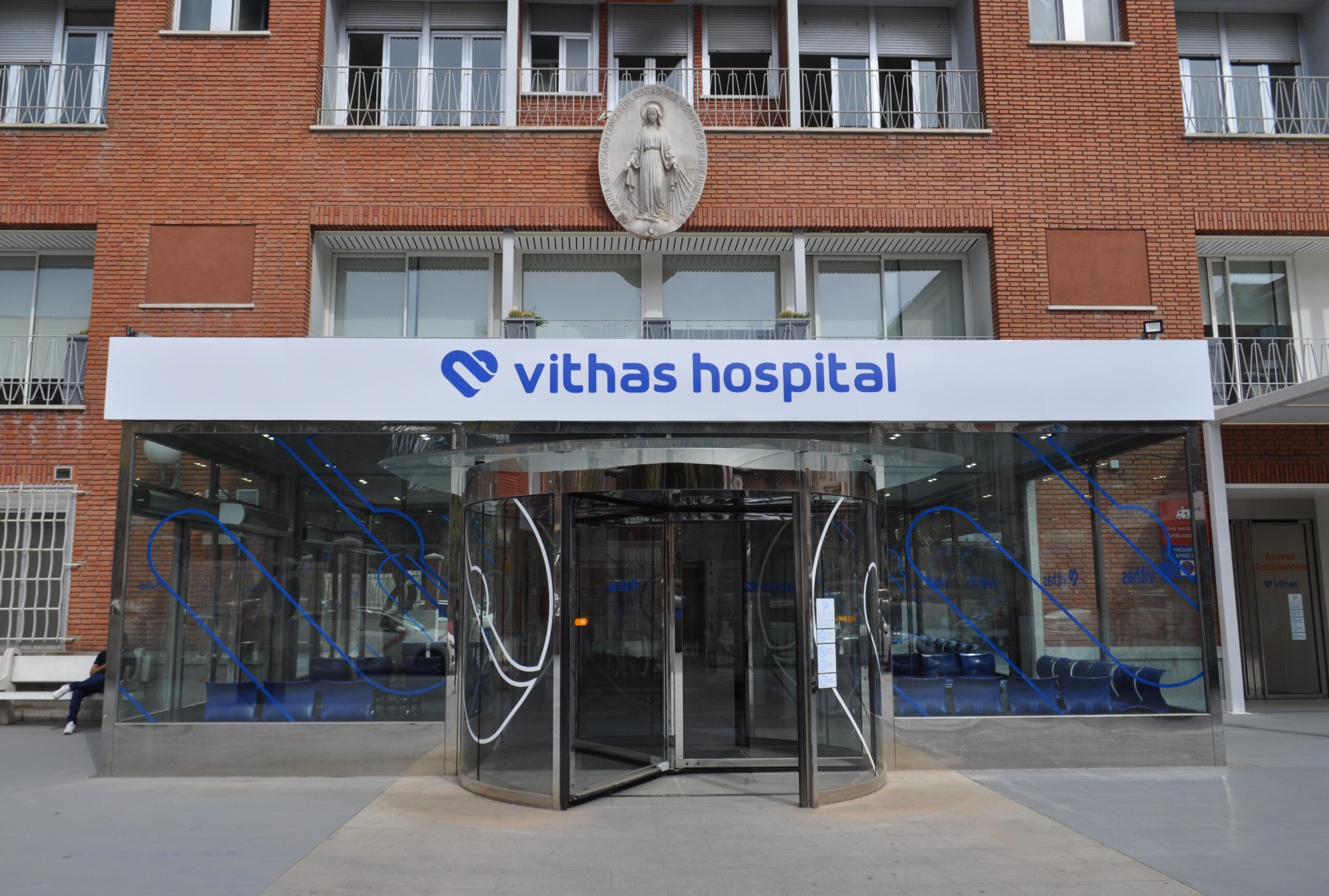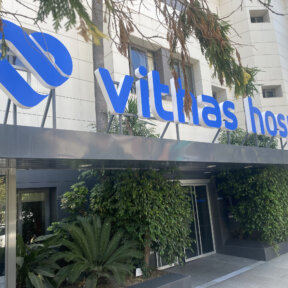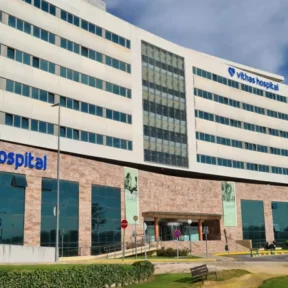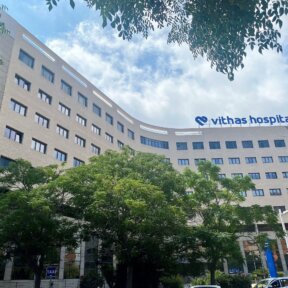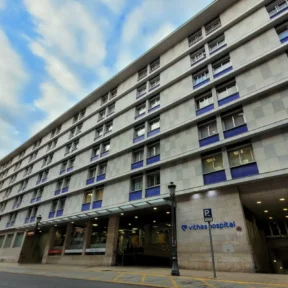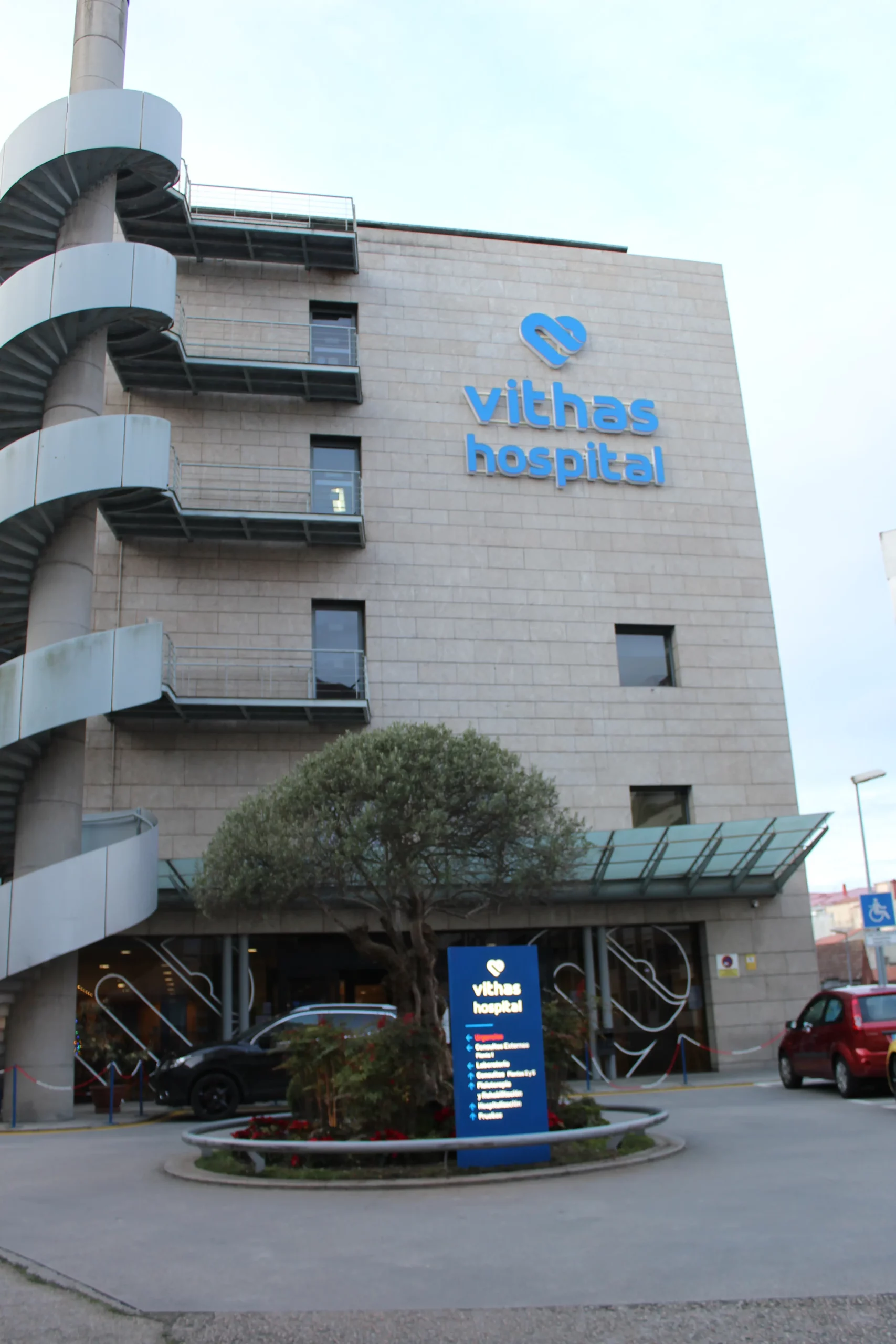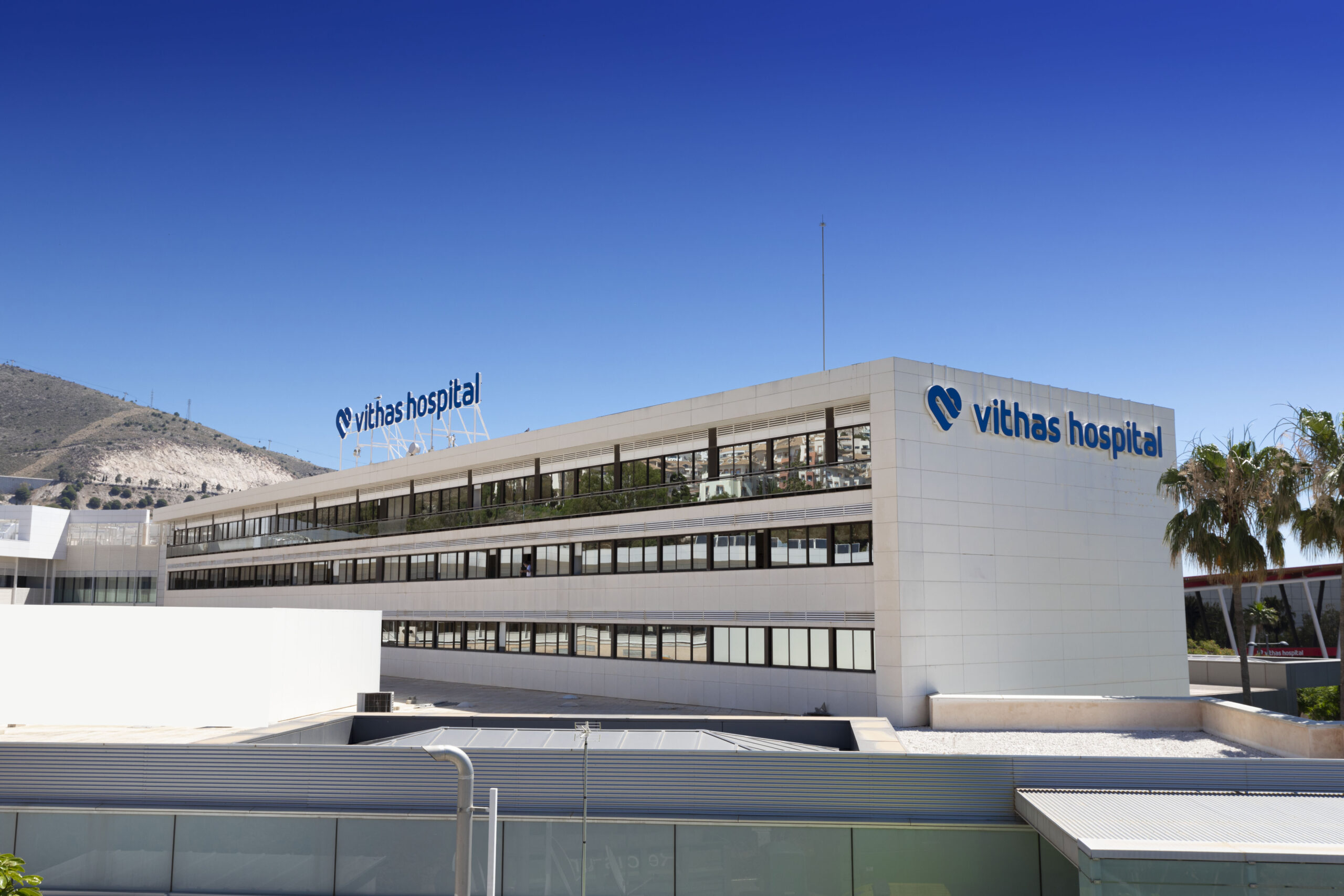What is thoracic surgery?
Thoracic surgery is a very broad speciality that covers an extensive range of services and procedures affecting the entire thoracic cavity: lung, chest wall, main airway, oesophagus, cervical region, mediastinum and diaphragm.
One of the main challenges to which we devote much of our time and effort is lung cancer, the most common malignancy worldwide. To treat this, we work together with a team of pulmonologists, radiologists, pathologists, medical oncologists and radiotherapy oncologists.
Which patients is it for?
Thoracic surgeons specialise in treating patients with conditions that affect the entire thoracic cavity, specifically the bronchi, ribs, diaphragm, oesophagus, mediastinum, pleura, lungs and trachea. Except the heart and the great vessels, which are treated with cardiovascular surgery.
Main conditions and diseases
- Lung cancer
- Thymic epithelial tumours and other mediastinal tumours
- Malignant pleural effusion
- Mesothelioma
- Sternum and chest wall tumours
- Empyema
- Primary and secondary pneumothorax
- Tracheal conditions
- Emphysema volume reduction surgery
- Hyperhidrosis in palms
- Solitary pulmonary nodule
Main diagnostic resources and technology
- Physical and radiological examination
- Computed tomography of the thorax
- CT-guided needle biopsy
- VATS Surgery (video-assisted thoracoscopic surgery)
- Thoracoscopic sympathectomy
- Mediastinoscopy
- Mediastinotomy
- Diagnostic videothoracoscopy
- Pulmonary lobectomy
- Pneumonectomy
- Enlarged resections with vascular reconstruction
- Bronchoplasty
- Pleuro-pneumonectomy
- Venous reservoir implantation
- Nuss technique
- Costal prostheses
Main treatments
- Lung cancer surgery
- Surgery for hyperhidrosis and facial flushing
- Pleural surgery
- Mediastinal surgery
- Pulmonary emphysema surgery
- Pleural mesothelioma surgery
- Surgery on lung metastases
- Surgery on rib cage malformations
Areas of specialisation
- Minimally invasive surgery (VATS)
- Cancer surgery
- Chest wall surgery
Special services
The team of thoracic surgeons offers a broad, complete, dynamic and professional service to patients. The team has extensive surgical experience and training in the best national and international centres in the latest techniques of the speciality.
The Vithas group specialises in major minimally invasive surgery (VATS surgery), with benefits including avoiding large incisions, less surgical aggression, less postoperative pain, a shorter hospital stay and higher quality of life with better aesthetic results for patients.
Why come to our clinic?
In our attempt to continue progressing and offer patients the best and most innovative techniques and procedures, at Vithas hospitals lung cancer surgery is performed through a single incision, using a technique called “single-port”. Vithas hospitals are equipped with the necessary technology and instruments, in addition to a highly qualified thoracic surgery anaesthesia team to support the surgical team.
The thoracic surgery team is constantly growing and working to offer patients requiring thoracic surgery close, sincere, fast and quality care.
FAQs
Can thoracic surgery be used to treat lung cancer?
In certain cases, thoracic surgery is one of the pillars in the curative treatment of lung cancer. In addition, a thoracic surgeon may need to intervene to diagnose the disease or to resolve any complications.
What are the sequelae after a lobectomy?
In general, lobectomy results in a reduction in lung capacity that is proportional to the size of the excised lung, which for most patients will not have any effect on their quality of life.
How should I care for myself after a pneumothorax?
- Do not smoke
- Avoid physical exertion for about 4 weeks
- Avoid air travel for 4 weeks
What is recovery from thoracic surgery like?
Minimally invasive surgery techniques have dramatically reduced postoperative pain and the frequency of respiratory complications, allowing for short postoperative stays.


